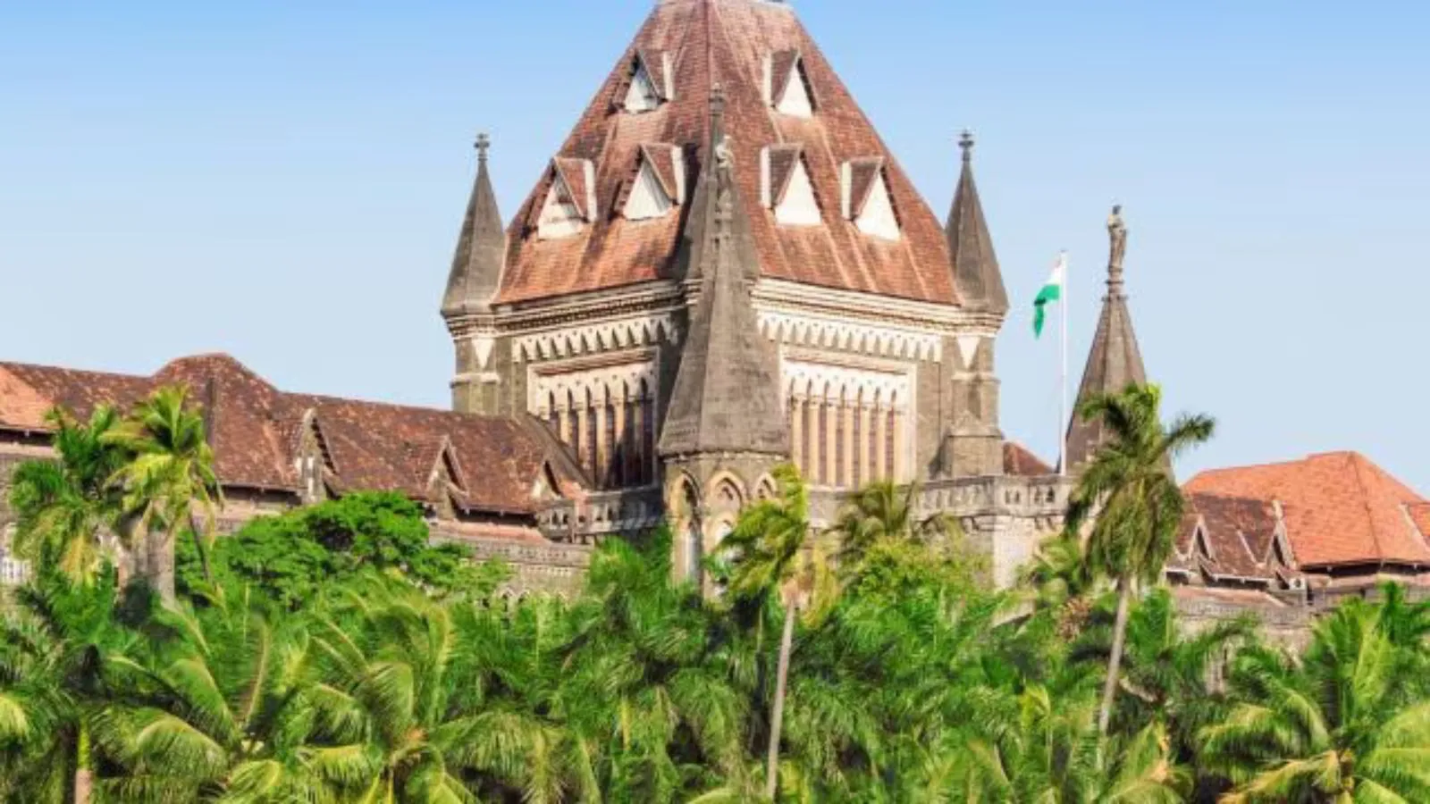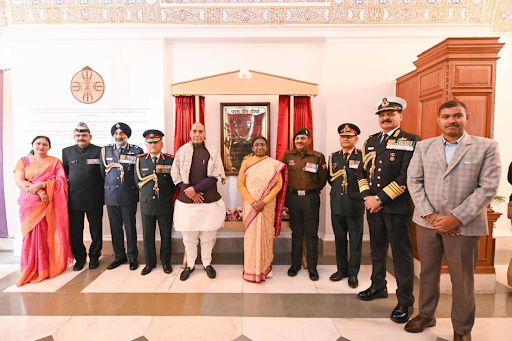Description

Copyright infringement not intended
Picture Courtesy: https://indianexpress.com/article/cities/mumbai/public-sector-banks-no-power-look-out-circulars-defaulters-hc-mumbai-9286014/
Context: The Bombay High Court's verdict on the issue of Look Out Circulars (LOCs) against loan defaulters by Public Sector Banks (PSBs) has significant consequences for India's banking and legal environment.
Key Points from the Ruling
- The court specifically addressed provisions in Office Memoranda (OMs) issued by the Ministry of Home Affairs (MHA) that allow PSBs to request LOCs against defaulting borrowers, guarantors, or officers/directors of indebted corporations.
- The court criticised the use of LOCs as "strong-arm tactics" to avoid judicial processes for debt recovery, claiming that such measures violated the right to travel abroad without due process.
- The court ruled that PSBs cannot suggest or seek the issue of Look Out Circulars against loan defaulters. This practice was found illegal and a violation of the fundamental rights provided by Articles 14 and 21 of the Constitution.
- The court ruled that the difference between PSB and private bank debtors was unconstitutional under Article 14, as it was arbitrary.
- The judgement highlighted the safeguarding of fundamental rights, such as the right to life with dignity under Article 21, which includes the freedom to travel abroad without arbitrary limits.
Way Forward
- The court highlighted that its ruling would not impact any existing restriction orders issued by competent authorities or courts. Such orders remain legal and enforceable.
- PSBs are encouraged to pursue legal remedies through courts or tribunals to prevent defaulters from travelling abroad. The verdict highlights the importance of lawful and transparent debt recovery practices.
- The decision does not prevent the central government from passing necessary legislation in accordance with Article 21. This allows for legislative engagement to solve issues linked to debt recovery and economic offenders.
|
The central government has the option of challenging the judgement in the Supreme Court for additional legal scrutiny.
|
Look Out Circulars (LOCs)
- Look Out Circulars (LOCs) are used by Indian authorities to track individuals wanted by law enforcement agencies.
- A LOC is a circular letter sent to immigration checkpoints to determine whether a person travelling internationally is wanted by law enforcement organisations.
- Its purpose is to track down fugitive criminals and monitor the entry and exit of those wanted by law enforcement.
- The number of LOCs issued and the specific reasons for their issuance are not publicly available, leading to concerns about transparency.
- The lack of transparency has contributed to a sense of corruption, as some high-profile individuals facing criminal charges have been able to fly overseas with ease.
Suggestions For Improvement
- Increase transparency in the issue of LOCs by establishing clear criteria and public reporting on the number and reasons for issuing them.
- Implement accountability systems in the issue of LOCs to prevent misuse or arbitrary use of this instrument.
- Create an extensive review procedure for the extension or issuance of LOCs to ensure that they are used wisely and in conformity with legal norms.
- Consider legislative amendments to tighten the legal framework governing the issue and use of LOCs, in order to address concerns about corruption and misuse.
Conclusion
- By resolving the issues, authorities can improve the LOC system's effectiveness and integrity, ensuring that it meets its intended goal of helping law enforcement actions while maintaining transparency and accountability standards.
Source:
Indian Express
Wikipedia
|
PRACTICE QUESTION
Q. What is the primary purpose of a Look Out Circular (LOC) in India?
A) To track the travel history of all Indian citizens.
B) To alert immigration checkpoints about individuals wanted for questioning.
C) To monitor the financial activities of suspicious individuals.
D) To restrict travel for people with outstanding debts.
Answer: B
|










